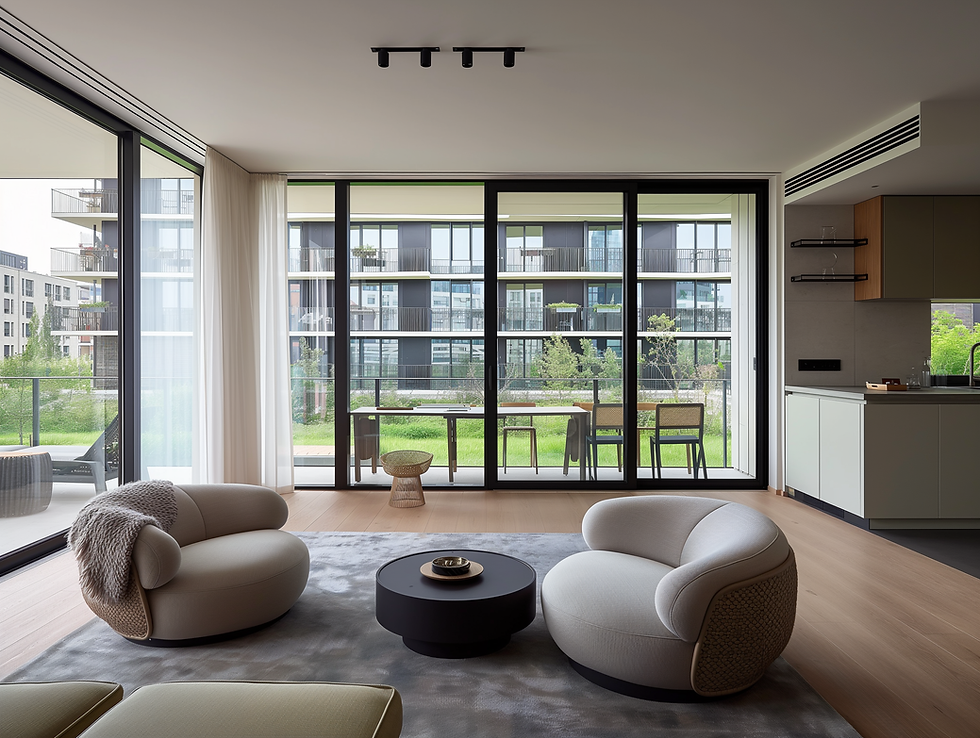Buying into Heritage Conservation: What You Need to Know Before You Renovate
- Jodie Dang
- Jul 30, 2025
- 2 min read
If you're buying a home in Sydney’s Inner West or any area under heritage conservation, it’s
critical to understand exactly what you're getting into—especially if you're planning to
renovate or extend.
We recently received an inquiry from a homeowner who had purchased a two-storey terrace
in a heritage conservation area, hoping to add an ensuite bathroom by extending the first
floor. Unfortunately, like many others, they were disappointed to learn that extending the
upper level was not feasible due to strict heritage controls.
This situation is all too common—and avoidable with the right advice up front.
So, what are the typical heritage rules for terrace houses?
Here are some general principles you need to be aware of when buying or planning works on
a heritage-listed or conservation area property:
1. Roof Forms Must Be Retained
You generally cannot alter the existing roofline. In some cases, attic extensions are allowed,
but only if they’re not visible from the street—and your block must be wide enough to
accommodate the space and structure.

2. Chimneys Must Stay
If your terrace has original chimneys (either on the roof or at ground level), they must be
preserved. Any extension cannot obstruct or remove them.

3. Colour Restrictions Apply
Each council has its own palette guidelines. Some prohibit certain materials or colours—like
black charred timber cladding for attic additions. The intention is to preserve the visual
integrity of the streetscape.

4. Look Closely at Your Neighbours
What you see (or don’t see) on your neighbour’s property is a good indicator of what’s
permitted. For instance, air conditioning units are often not allowed on upper-floor balconies,
which could limit your cooling options in a master bedroom extension.
So, what can you do?
Speak to a Buyer’s Agent with Experience in Heritage Areas
Professionals like Rhianna Jenkins from Sourced Property Group are highly knowledgeable when it comes to purchasing in heritage conservation zones. She collaborates closely with
architects to assess the feasibility of future renovations for her clients before they buy.
Or Ask an Architect (Like Us)
At Jodie Dang Architects, we offer pre-purchase advice—including what’s possible under
heritage controls, estimated construction costs, and the likely consultant fees for your future
build. This service can save you from buying into a renovation headache.
Final Thoughts
There are no refunds on property purchases, so don’t rely solely on the real estate agent’s
advice. Their priority is selling—not necessarily informing. Heritage homes can be incredibly
beautiful and character-filled, but they come with real limitations.
Do your due diligence, ask the right questions, and bring in professionals early to ensure
you’re not left disappointed after settlement.






Comments